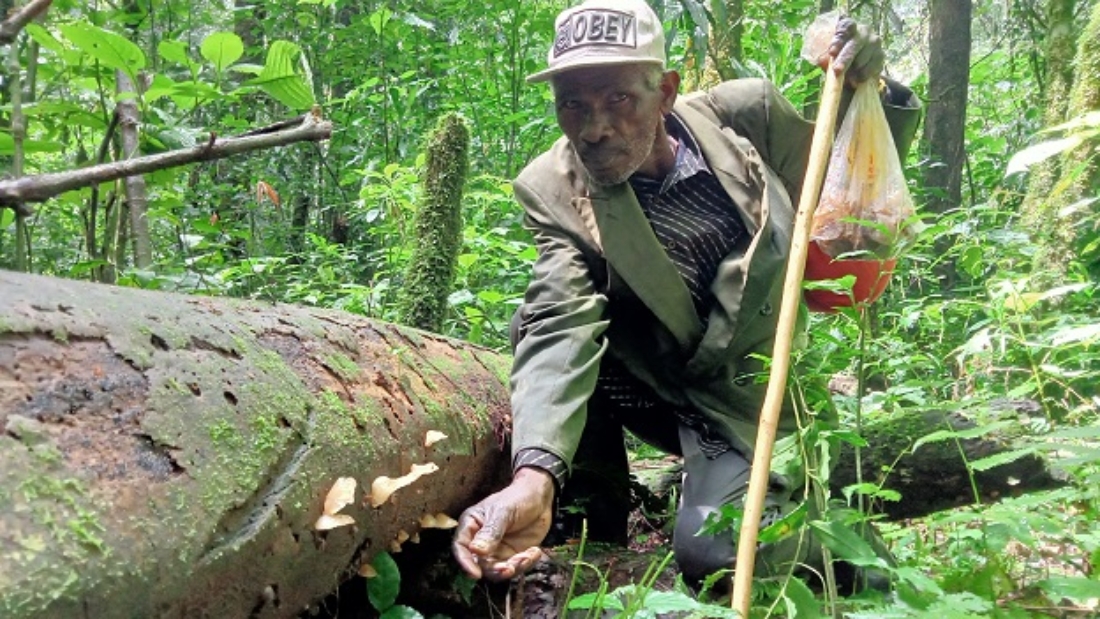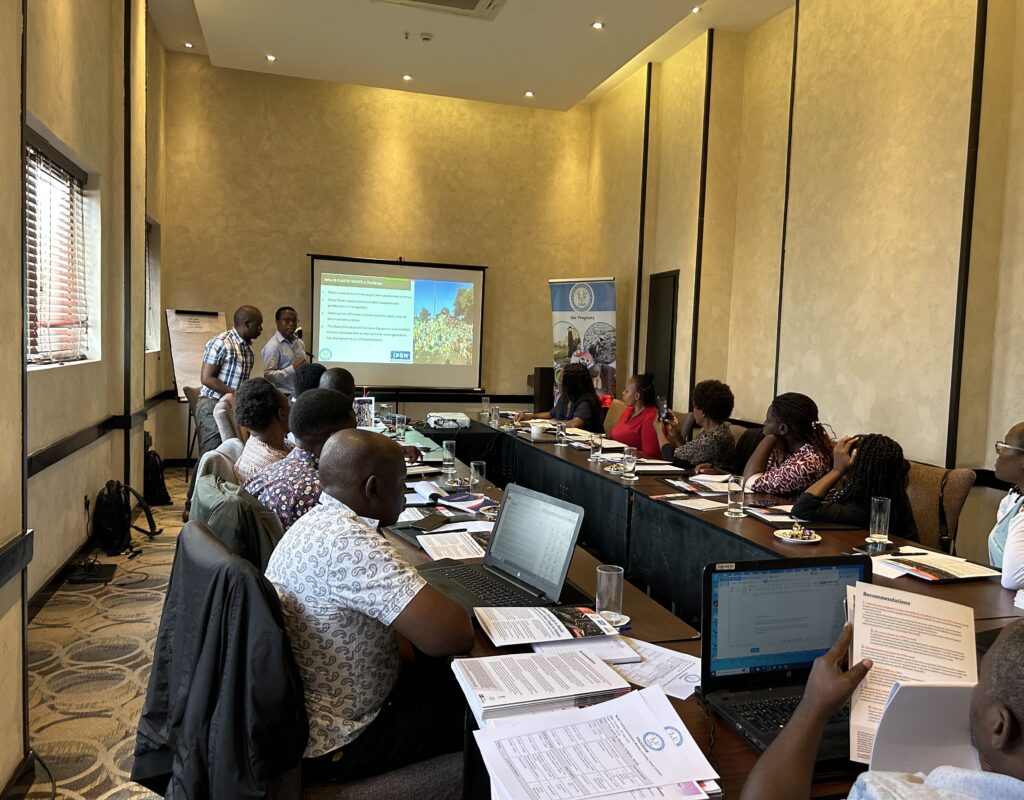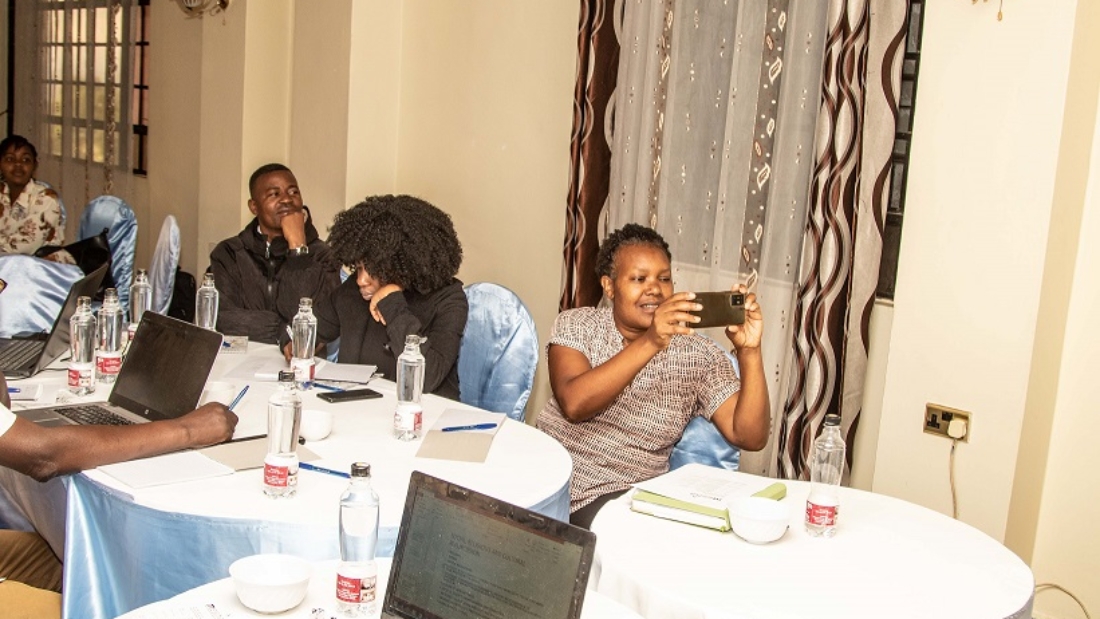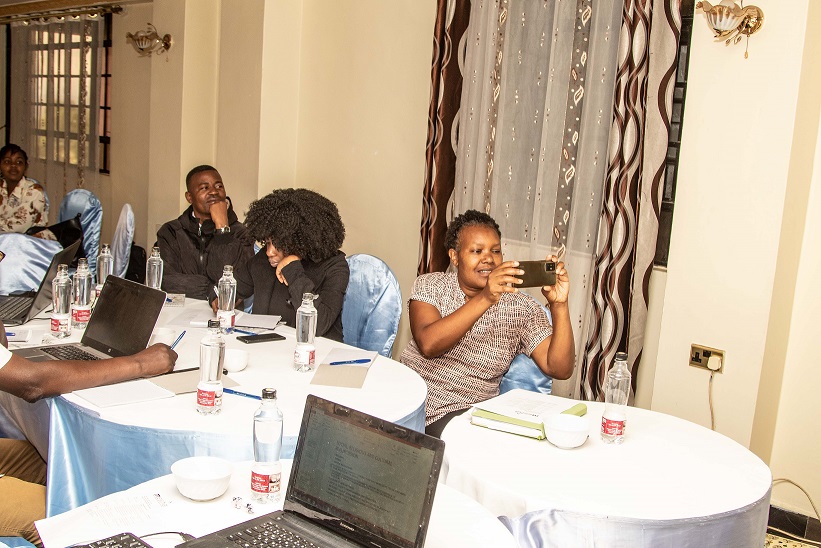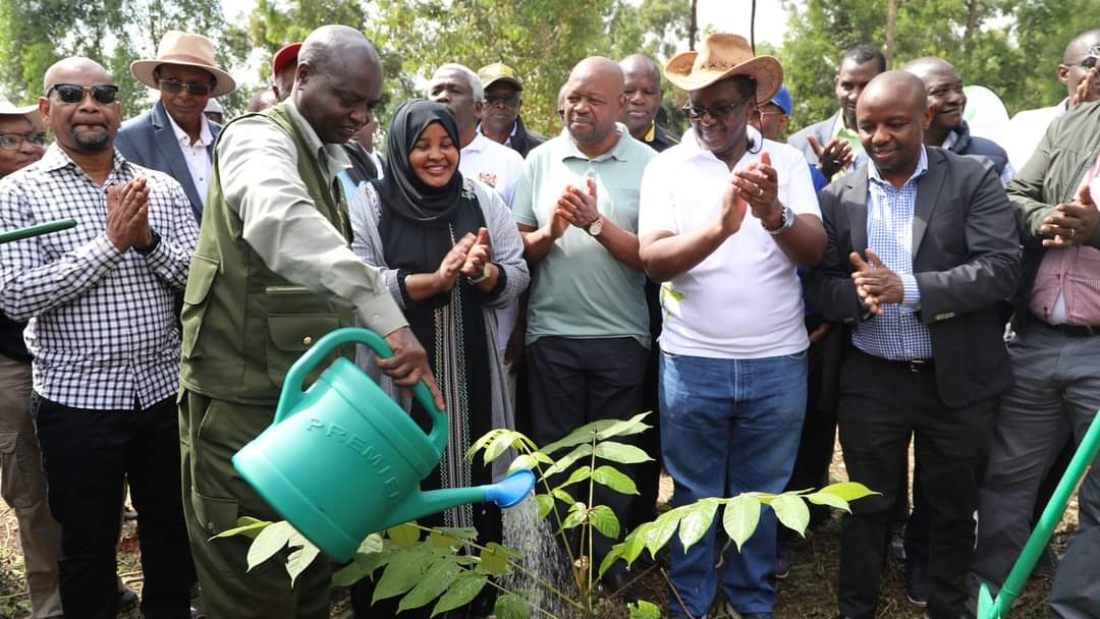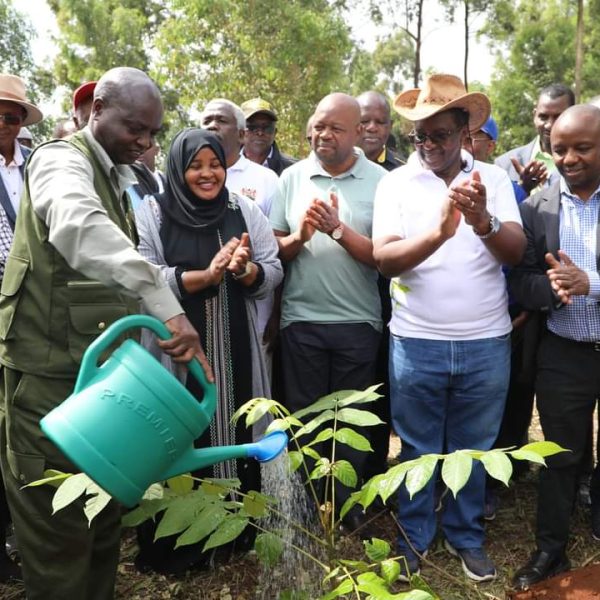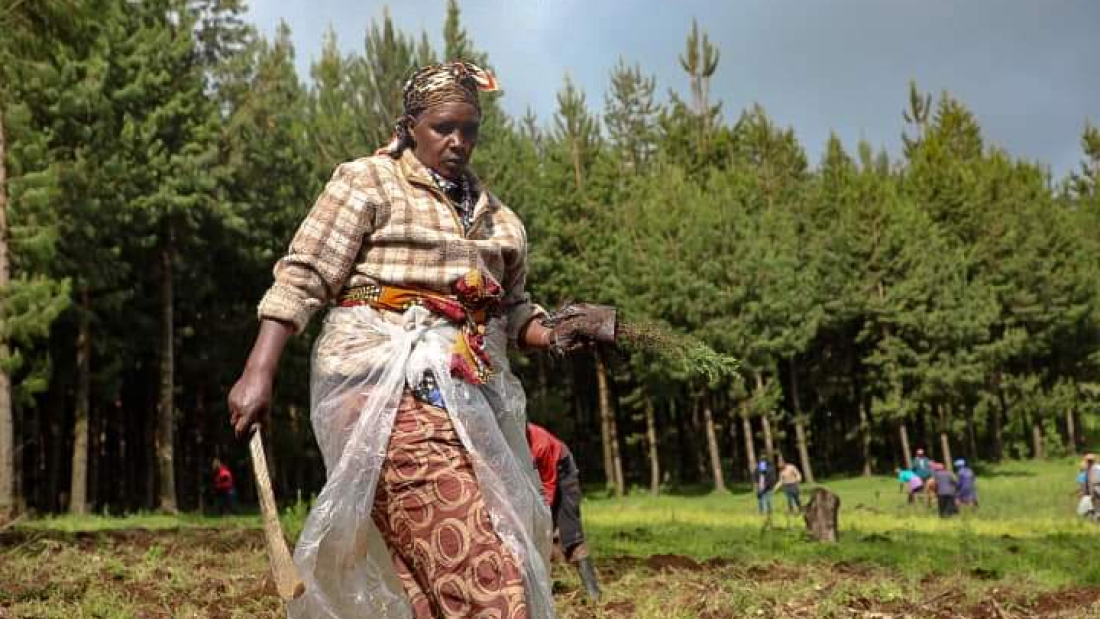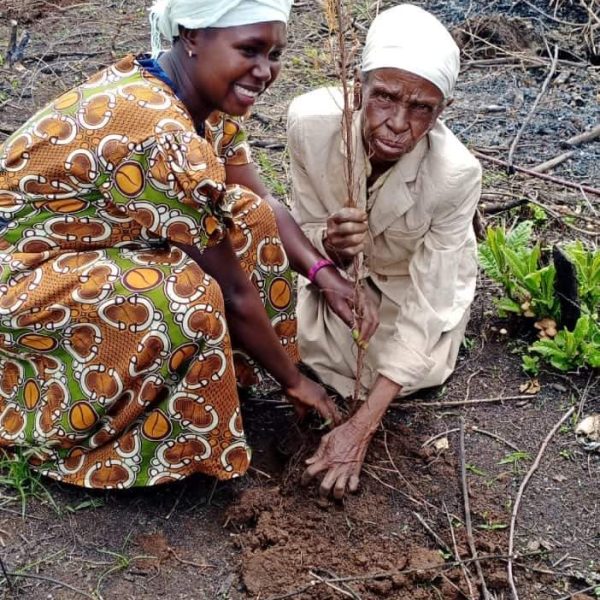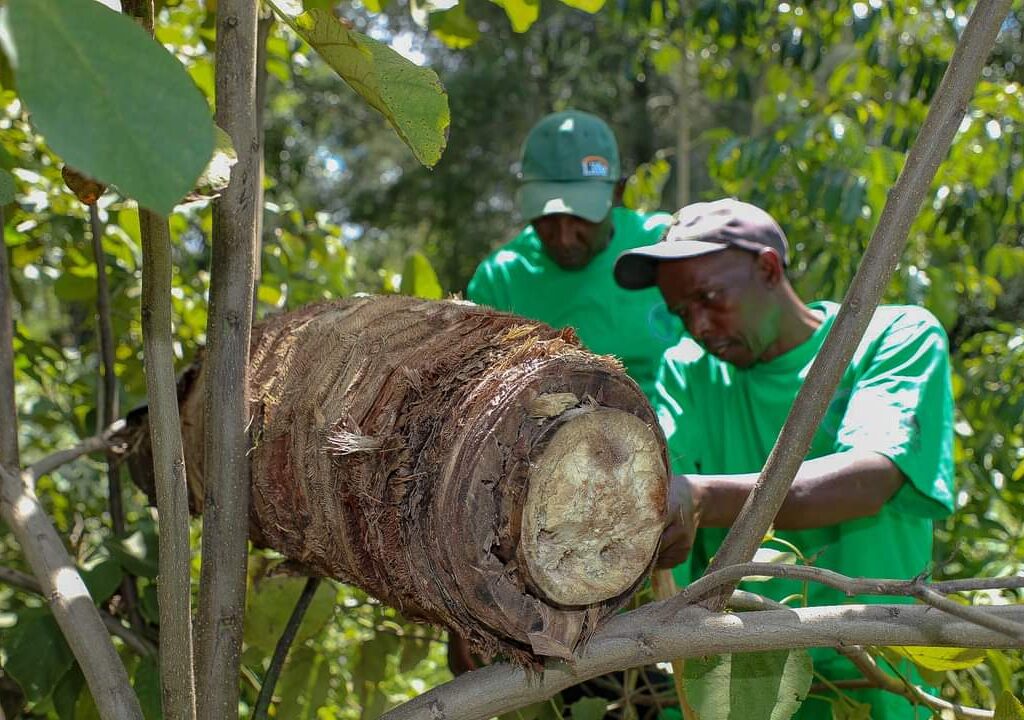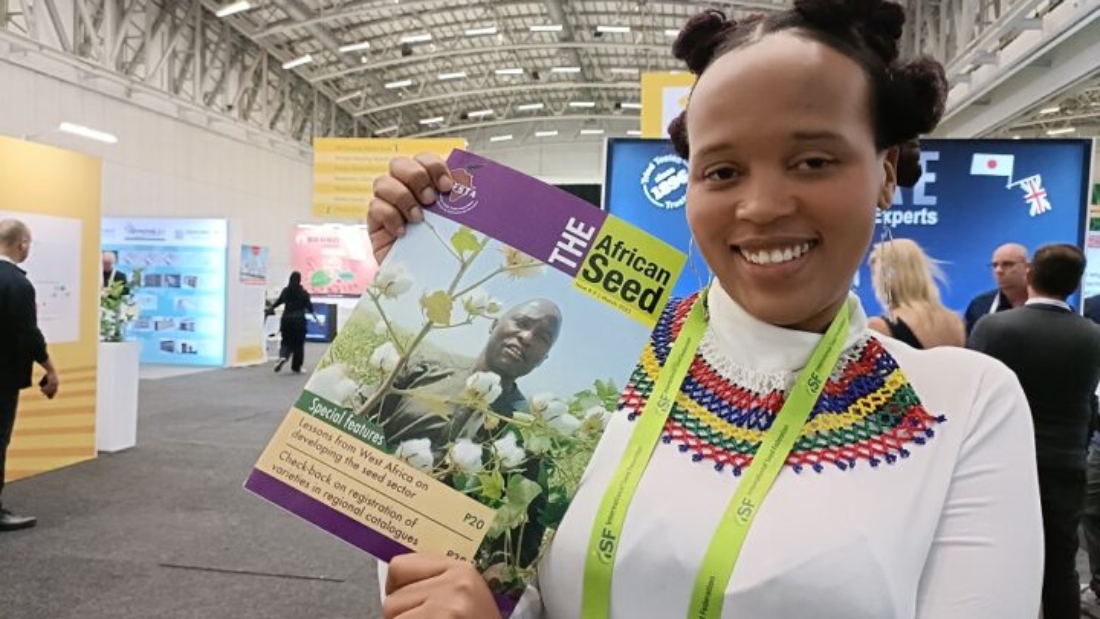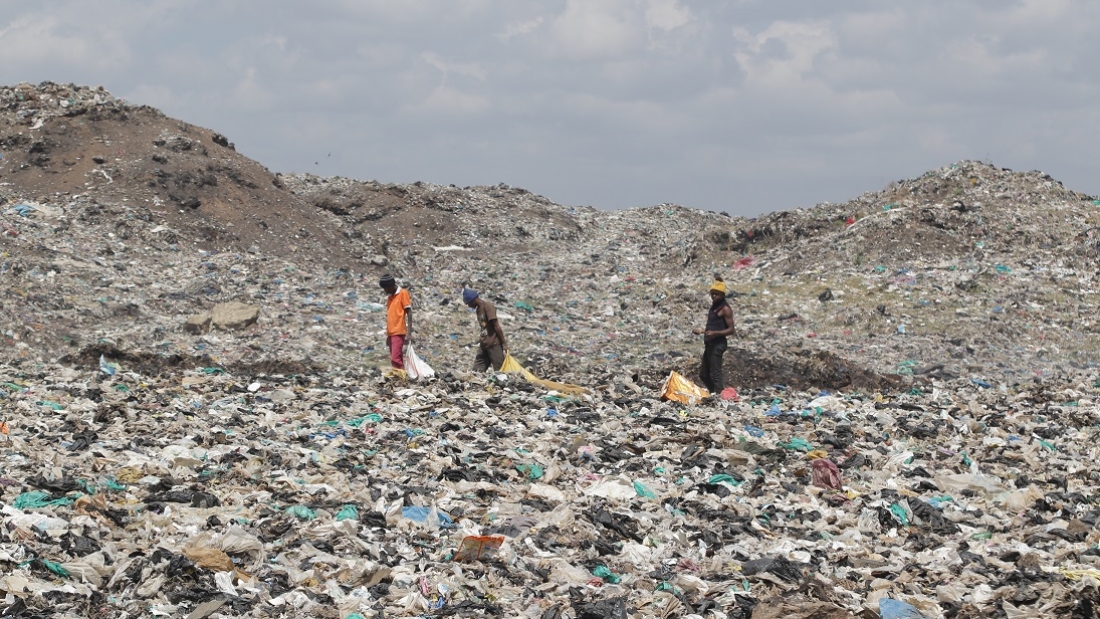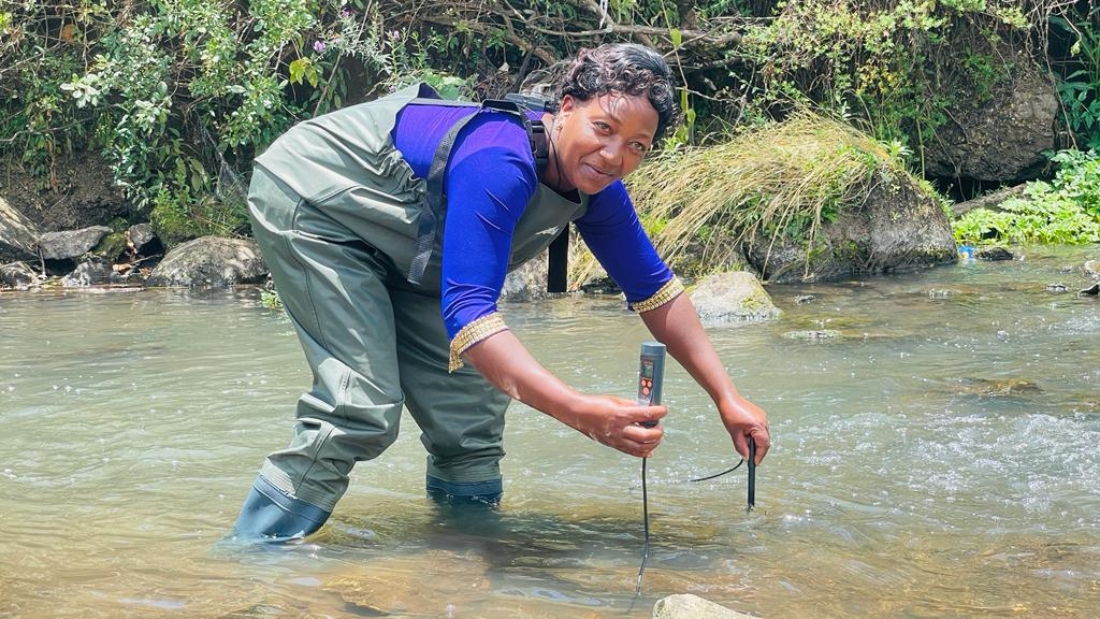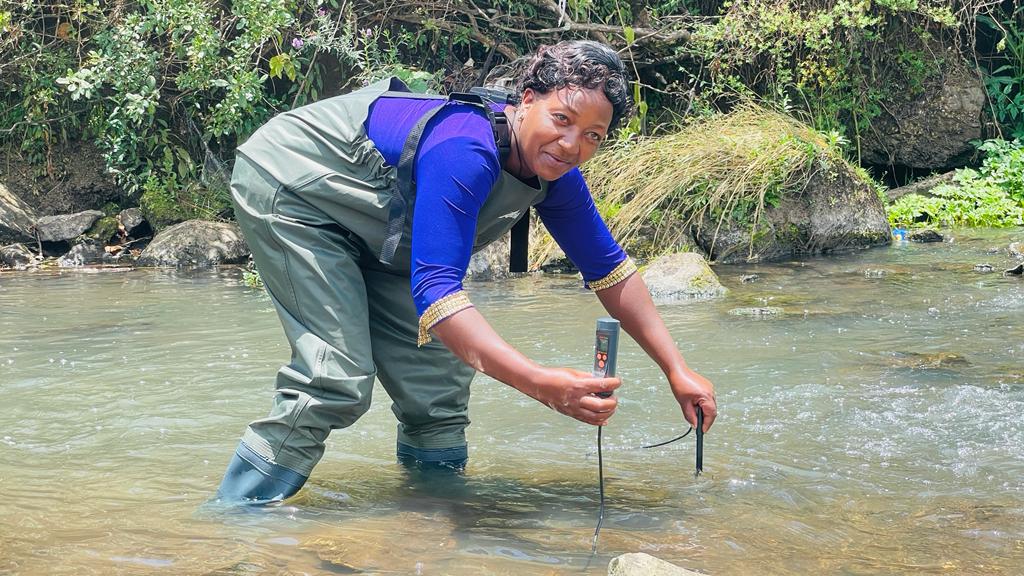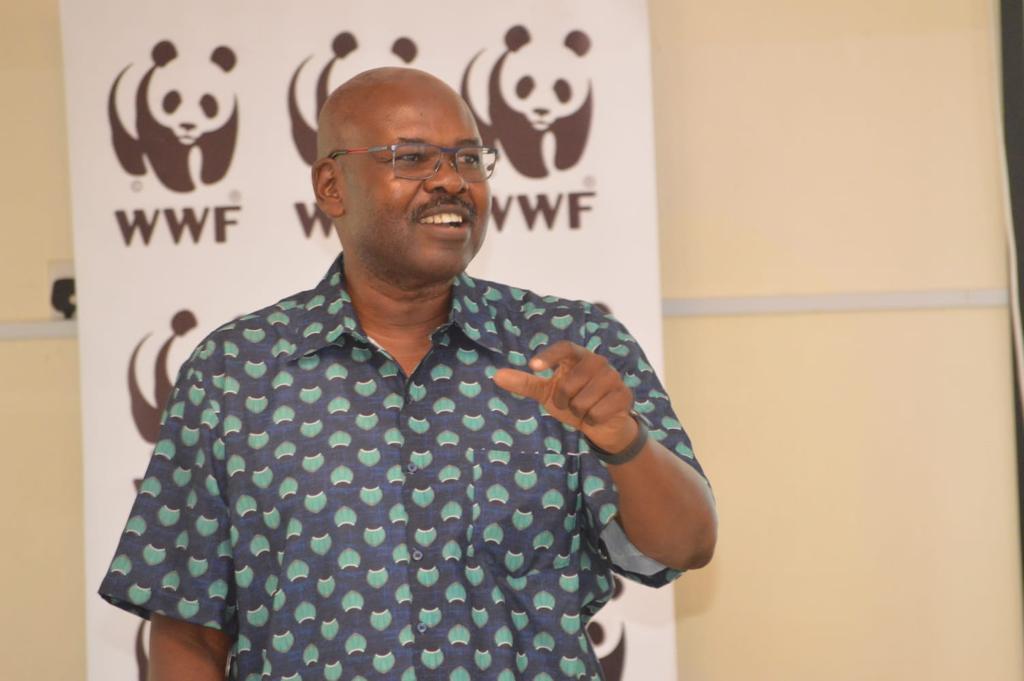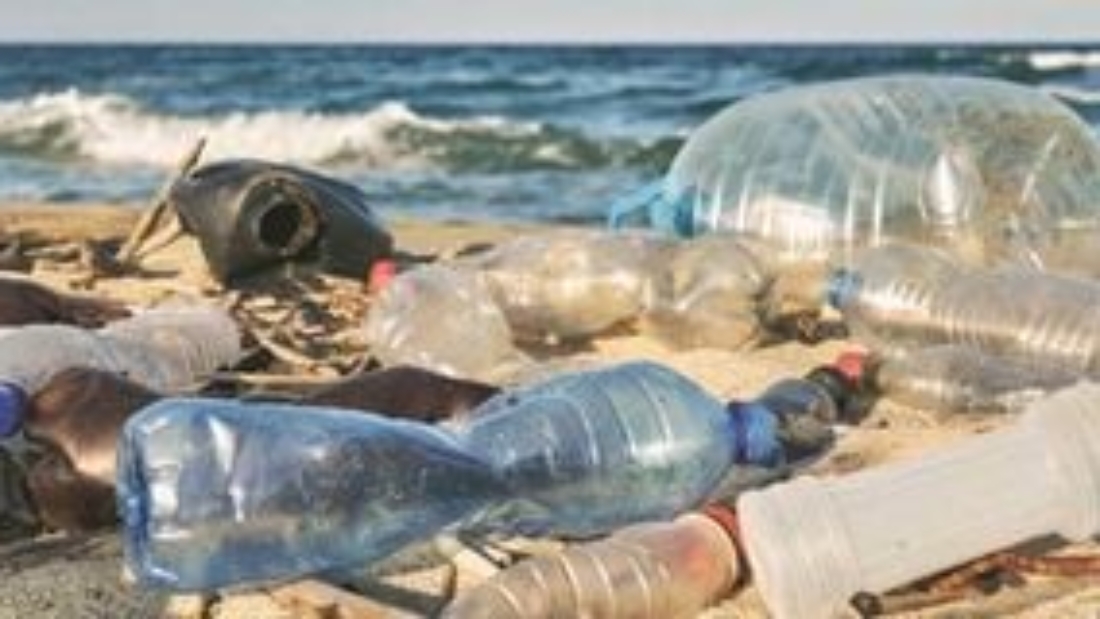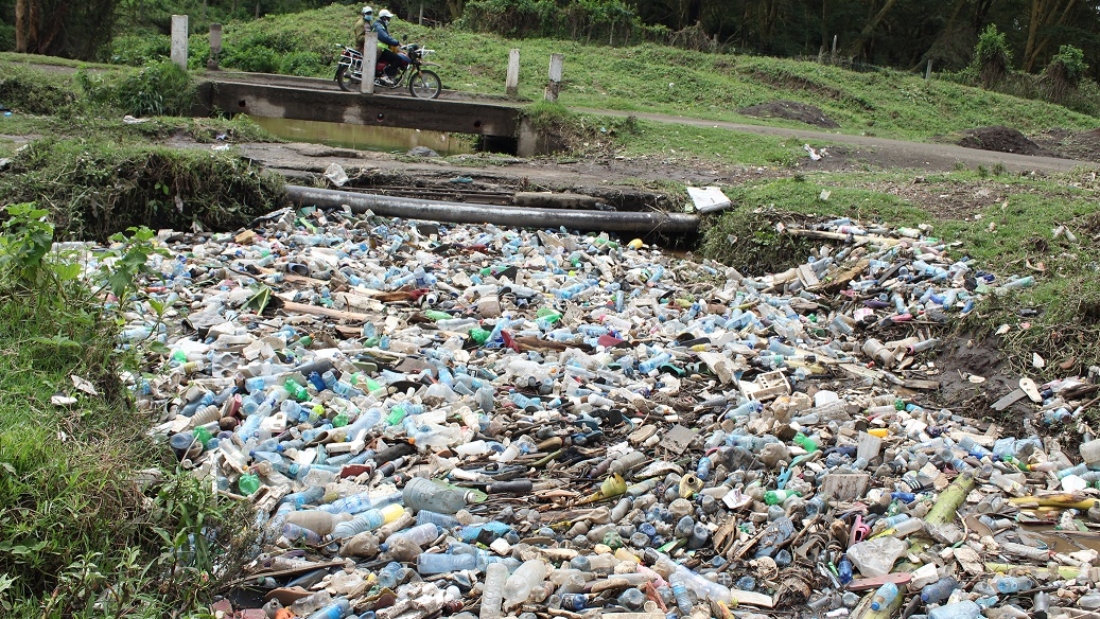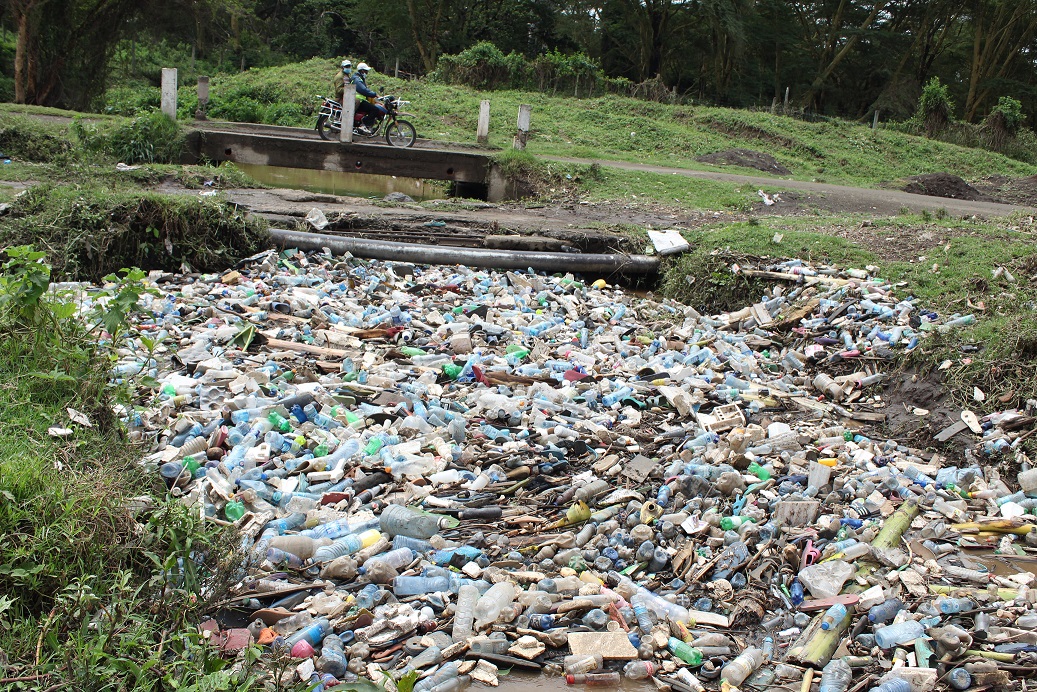Most members of the local Community Forest Association are advocating for controlled and monitored movements in and out of the forest to reduce illegal business of charcoal burning and cutting trees.
World Seed Congress: Youthful farmer calls for partnerships to enhance seed production and keep climate change at bay
By Aghan Daniel
A leading young South African farmer has called on seed companies to embrace partnerships with farmers and invest in creating awareness on certified seed to strengthen seed systems in the continent in the face of climate change.
Kenya to host key global meeting on plastics pollution
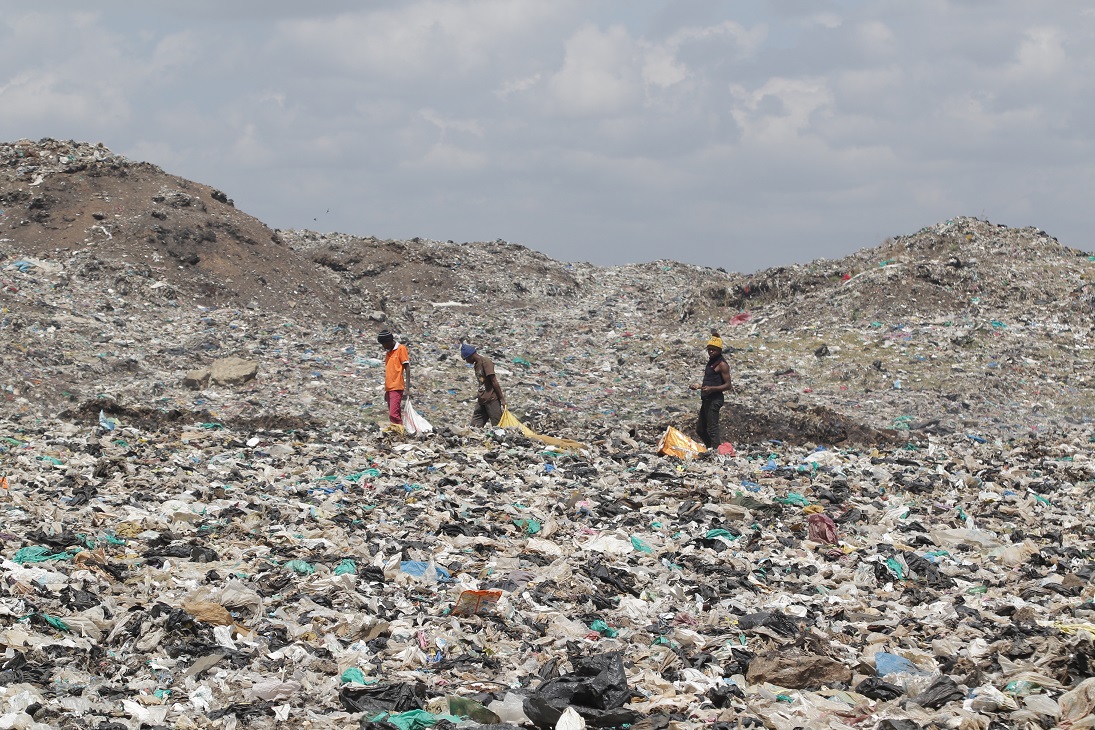
By Odhiambo David | odhisdavid59@gmail.com
Kenya is set to hold the third Intergovernmental Negotiating Committee (INC-3) on plastic pollution from 13-17, November 2023 in a move seen by experts as an attempt to provide an invaluable opportunity to build upon the progress made during the previous meetings.
The gathering which aims to develop an international legally binding instrument on plastic pollution, including in the marine environment (Plastic Pollution INC-3) will take place at the UN Environment Programme (UNEP) Headquarters in Nairobi, Kenya.
The instrument will provide a framework for countries to take coordinated action in reducing and managing plastic pollution, as well as promote sustainable practices and cooperation.
The event comes as a response to a resolution adopted by the resumed fifth session of the UN Environment Assembly (UNEA-5.2) which requests the UNEP Executive Director to convene an INC with the aim of developing an international legally binding instrument on plastic pollution.
The INC meeting brings together representatives from governments and relevant stakeholders to negotiate and develop the terms of an international agreement that will address the issue of plastic pollution, particularly in marine environments.
Although a zero draft was not finalized during the negotiations in the just concluded INC-2 in Paris, all member states unanimously agreed that the INC secretariat should work on developing a zero draft for further discussions during INC-3.
Dr. Tadesse Amera, leading the International Pollutants Elimination Network’s delegation at the talks, acknowledged the pressing need for global controls over plastic production. He highlighted the projections that indicate plastic production will double by the time a child born today turns 18, emphasizing the disastrous consequences for our health, the planet, and the climate. Despite the high stakes, there is growing awareness among delegates about the imperative need for global measures to address this issue.
As Kenya prepares to host INC-3, the world anticipates a decisive step forward in the global fight against plastic pollution. With Kenya’s renowned commitment to environmental conservation, the international community is hopeful that the upcoming negotiations will pave the way for effective and comprehensive strategies to tackle plastic pollution, safeguard ecosystems, and secure a sustainable future for all.
In 2017, Kenya implemented one of the world’s strictest plastic bag bans. The ban prohibits the production, sale, and use of plastic bags, promoting the adoption of eco-friendly alternatives. This decisive action has played a crucial role in reducing plastic pollution and raising awareness about the harmful effects of single-use plastics.
“The plastic bag ban has raised awareness among Kenyan consumers about the negative impacts of plastic pollution. It has encouraged individuals to adopt more environmentally friendly behaviors, such as carrying their own reusable bags when shopping. This change in consumer behaviour contributes to a culture of sustainability and responsible consumption,” said Aron Kecha, Centre for Environment Justice and Development (CEJAD) representative during a media engagement held by MESHA in Nairobi late last month.

